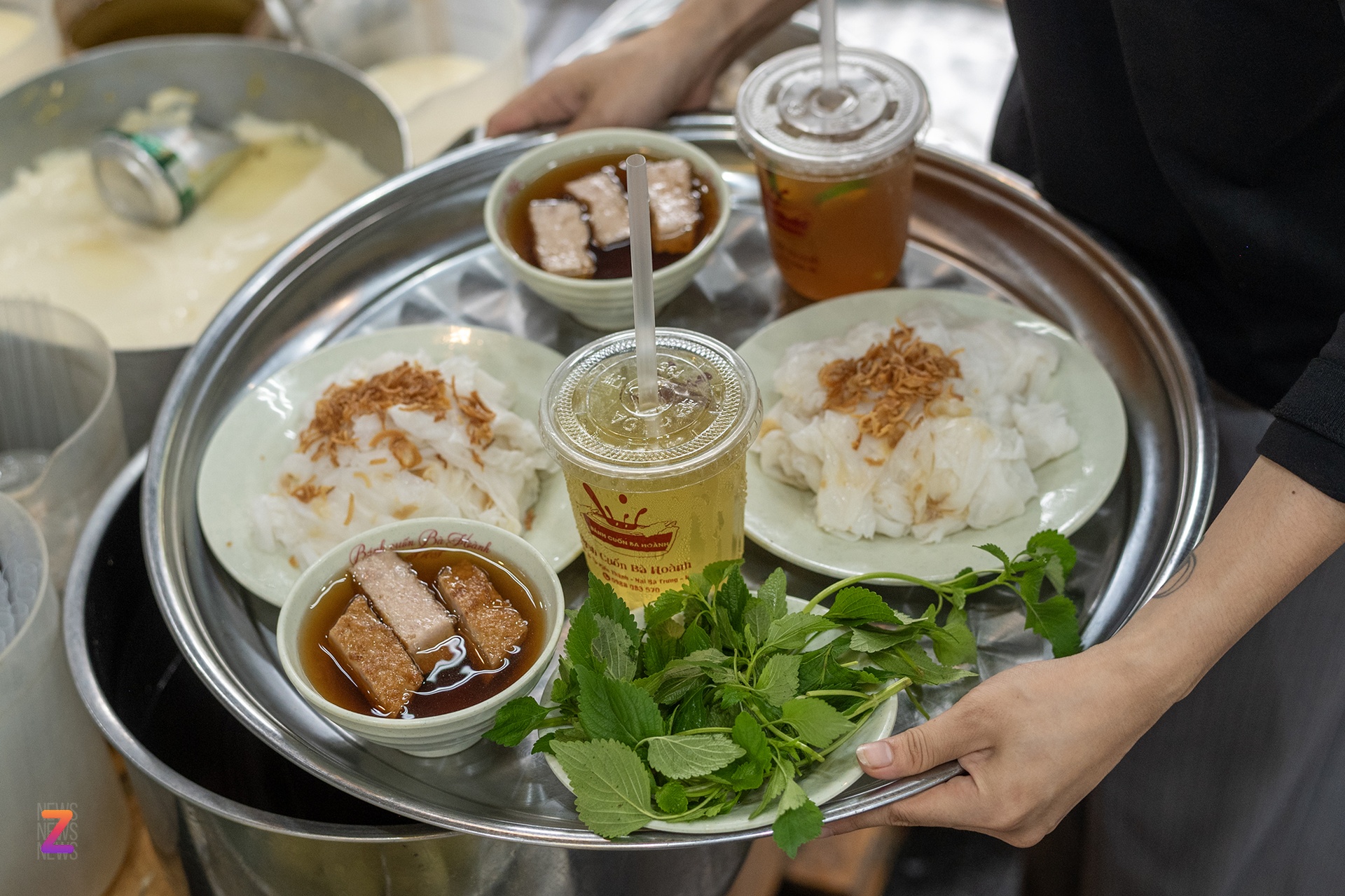
|
Mrs. Hoanh's rice cake restaurant is over 70 years old and is on the list of 33 Michelin Selected restaurants in 2024. Photo: Viet Linh . |
On August 18, the Hanoi Department of Culture and Sports announced the decision to list 9 intangible cultural heritages of the capital on the list of national intangible cultural heritages. Among them is the Thanh Tri rice paper making craft, opening up opportunities to preserve and promote a culinary symbol of Hanoi.
According to the decision of the Ministry of Culture, Sports and Tourism , localities where heritage is located will be responsible for managing, protecting and promoting the value of heritage.
Regarding the Thanh Tri rice cake making profession, Hanoi aims to promote vocational training for the younger generation, combine promotion through tourism and e-commerce, and build the "Thanh Tri rice cake" brand as a symbol of the capital's culinary culture.
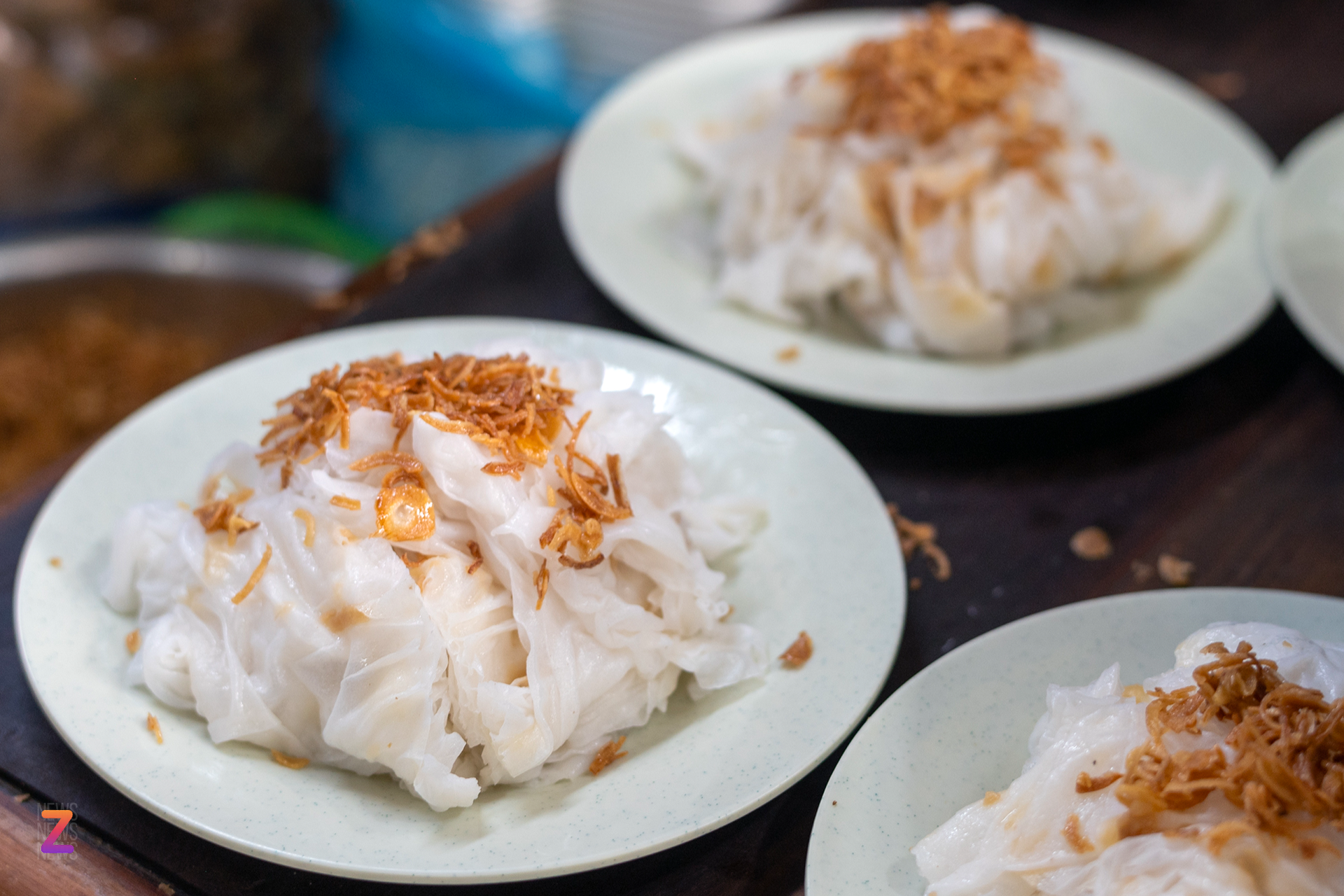
|
Transparent white rice rolls, topped with golden fried onions at Mrs. Hoanh's restaurant. Photo: Viet Linh. |
Thanh Tri village has long been famous for making rice rolls, a rustic but sophisticated dish imbued with Vietnamese soul.
From soaked, finely ground rice grains, through the skillful hands of the craftsmen, thin, soft cakes are born, preserving the full flavor of new rice. The cakes are usually eaten cold, without filling, served with cinnamon sausage, meatballs and a bowl of sweet and sour fish sauce.
Unlike the meat and mushroom rice rolls in many localities, Thanh Tri rice rolls conquer diners with its simplicity but sophistication. The clear white layer of rice rolls, dotted with golden fried onions, is both soft and fragrant when put in the mouth, creating a unique flavor that is hard to confuse.
Along with Thanh Tri rice rolls, Hanoi this time has 8 other intangible heritages listed, including: Tong Goi Tau Cheo Singing Festival (Dan Phuong), La Phu Village Festival (Hoai Duc), Dong But Pagoda Festival (Quoc Oai), Nanh Pagoda Festival (Gia Lam), Sai Temple Festival (Dong Anh), Vong Communal House Festival (Thanh Xuan), knowledge of processing and enjoying La Vong fish cakes, knowledge of cooking Bat Trang dishes.
Director of the Hanoi Department of Culture and Sports Bach Lien Huong emphasized that the registration is not only a good sign, but also opens up opportunities to promote local culture and tourism. This is also the basis to ensure that heritages are practiced regularly, contributing to preserving identity and promoting comprehensive social development.
Previously, "Folk knowledge of Bun Bo Hue" was recognized as a national intangible cultural heritage, creating an opportunity to preserve and promote the unique culinary values of Hue.
Bun bo Hue has long transcended local boundaries to become a famous dish throughout the country and the world. Behind the famous bowl of noodles is a treasure trove of folk knowledge accumulated and passed down through many generations, from how to choose ingredients, cook broth, season to how to present the dish.
Source: https://lifestyle.znews.vn/ha-noi-co-mon-am-thuc-di-san-moi-post1578106.html



























![[Photo] Prime Minister Pham Minh Chinh receives Australian Foreign Minister Penny Wong](https://vstatic.vietnam.vn/vietnam/resource/IMAGE/2025/8/20/f5d413a946444bd2be288d6b700afc33)

![[Photo] An Phu intersection project connecting Ho Chi Minh City-Long Thanh-Dau Giay expressway behind schedule](https://vstatic.vietnam.vn/vietnam/resource/IMAGE/2025/8/21/1ad80e9dd8944150bb72e6c49ecc7e08)


![[Photo] Politburo works with Standing Committees of Lang Son and Bac Ninh Provincial Party Committees](https://vstatic.vietnam.vn/vietnam/resource/IMAGE/2025/8/20/0666629afb39421d8e1bd8922a0537e6)






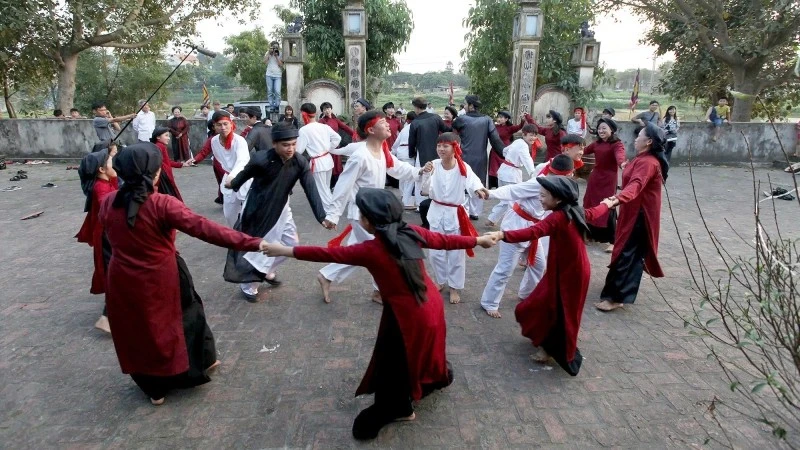















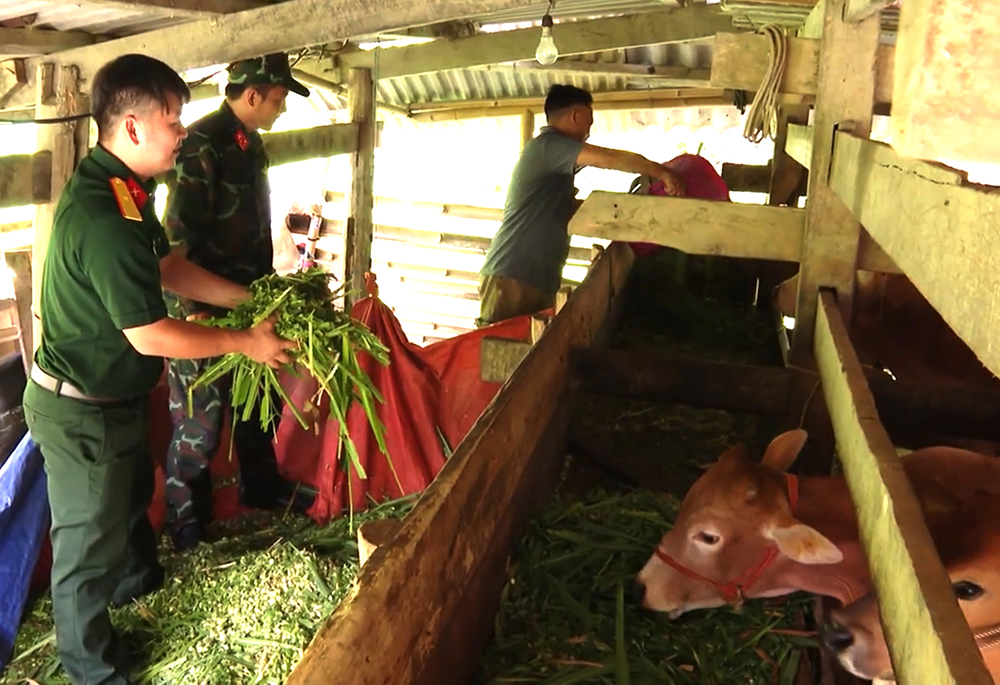



















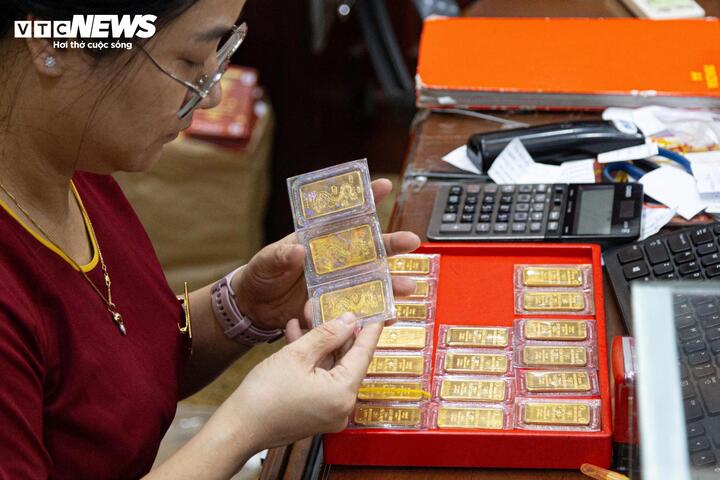

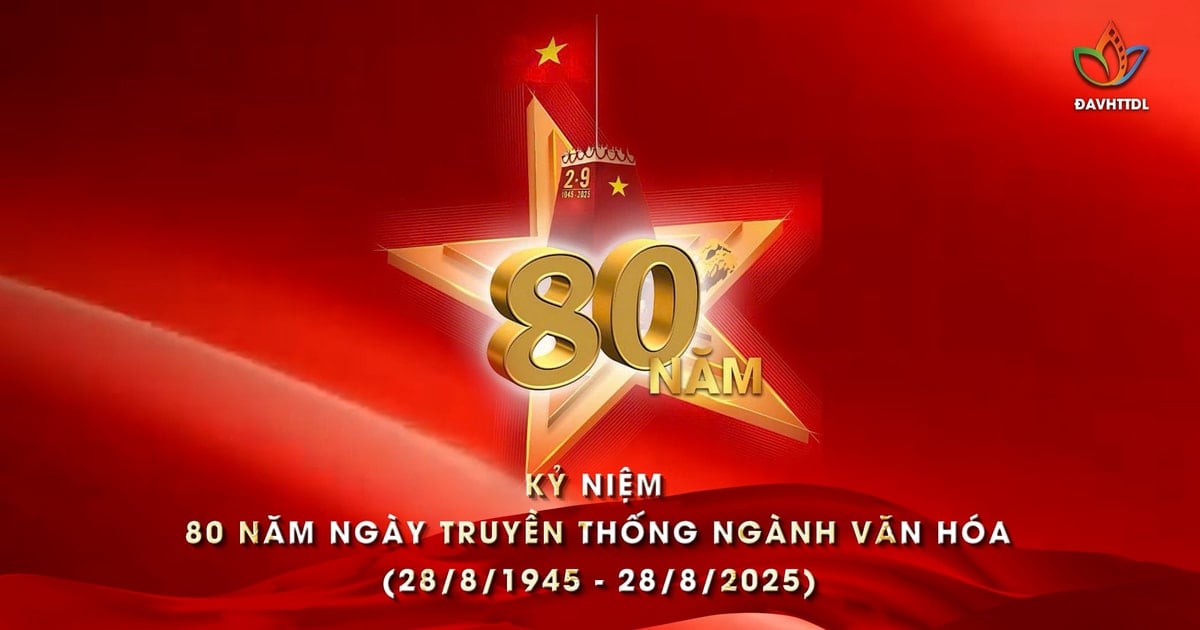


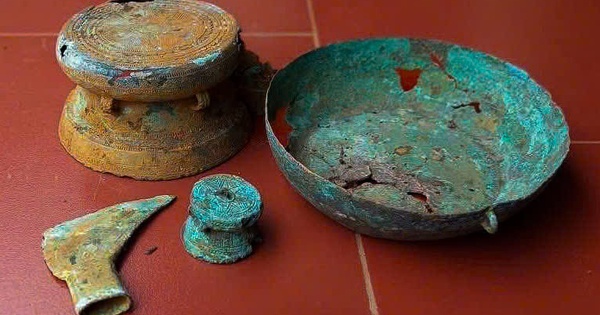



























Comment (0)